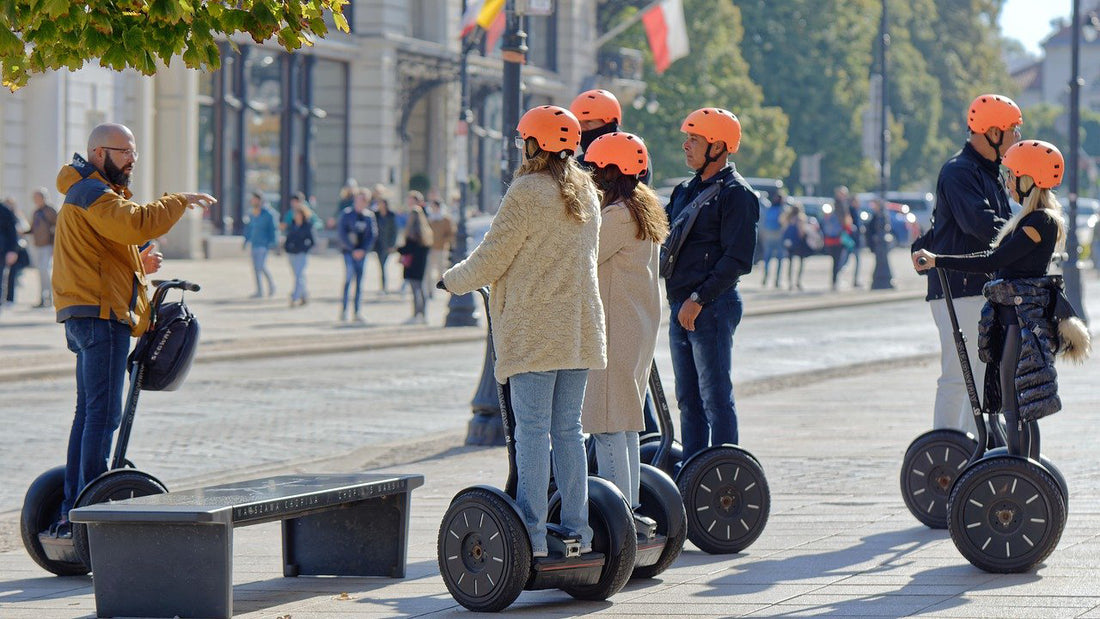Micro-mobility, epitomized by electric scooters, is revolutionizing urban transportation, offering a sustainable alternative to traditional modes of commuting. In this article, we'll delve into the environmental benefits of electric scooters and their role in shaping greener, more sustainable cities.
Reduced Carbon Emissions: Electric scooters produce zero emissions during operation, significantly reducing the carbon footprint associated with urban transportation. By replacing gas-powered vehicles with electric scooters, cities can mitigate air pollution and combat climate change.
Alleviated Traffic Congestion: Electric scooters provide a nimble and efficient means of navigating congested city streets, offering commuters an alternative to gridlocked traffic. By encouraging the use of electric scooters for short-distance trips, cities can ease congestion, reduce travel times, and enhance overall traffic flow.
Improved Air Quality: The adoption of electric scooters contributes to improved air quality in urban areas by reducing the emissions of harmful pollutants such as carbon monoxide and nitrogen oxides. Cleaner air leads to a healthier population, with fewer respiratory illnesses and lower healthcare costs associated with air pollution-related diseases.
Promotion of Active Transportation: Electric scooters promote active transportation by encouraging people to choose emission-free modes of travel over sedentary alternatives like driving. By incorporating physical activity into daily commutes, electric scooters contribute to improved public health outcomes, including reduced obesity rates and enhanced fitness levels.
Enhanced Mobility Options: Electric scooters complement existing public transportation networks, providing first-mile and last-mile solutions for commuters. By seamlessly integrating electric scooters into multi-modal transportation systems, cities can offer residents greater mobility options while reducing reliance on personal vehicles.
Electric scooters represent a pivotal component of micro-mobility solutions that are shaping sustainable cities of the future. By reducing carbon emissions, alleviating traffic congestion, improving air quality, promoting active transportation, and enhancing mobility options, electric scooters contribute to building greener, healthier, and more livable urban environments. Embracing micro-mobility initiatives like electric scooters is essential for cities seeking to achieve sustainability goals and create more inclusive and resilient communities for future generations.

